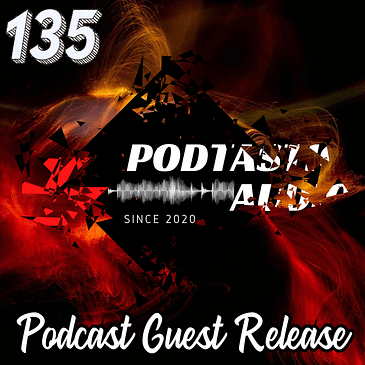Podcasters and content creators should prioritize preparing their chosen guests to proactively mitigate the risk of potential lawsuits arising post-interview. By openly discussing expectations and obtaining informed consent through a well-crafted release form, creators establish a foundation for a positive and legally sound collaboration. Ensuring guests are aware of the topics to be covered, the format of the discussion, and any potential sensitive areas not only fosters a respectful environment but also minimizes the likelihood of misunderstandings leading to legal complications. This proactive approach not only protects the podcast from potential legal repercussions but also cultivates a professional and trustworthy reputation, fostering positive relationships with guests and audience alike.
When recording a guest interview for release on a podcast, there are several best practices to consider, including adherence to recording laws and ethical standards. Here are some recommendations:
- Informed Consent: Obtain informed consent from your guest before recording the interview. Clearly explain the purpose of the recording, how it will be used, and obtain their agreement in writing (via a release form).
- Recording Laws: Familiarize yourself with local and federal laws regarding recording conversations. Some jurisdictions require the consent of all parties involved in a conversation, so ensure you comply with applicable laws.
- Release Forms: Use comprehensive release forms that cover the use of the interview recording, including distribution through your podcast. Clearly outline the rights granted by the guest and any limitations on the use of their content.
- Respect Privacy: Be respectful of your guest's privacy. Avoid asking intrusive or sensitive questions unless they have explicitly agreed to discuss those topics. Consider editing out any information that could compromise their privacy.
- Setting Expectations: Clearly communicate the format and style of the interview to your guest in advance. Let them know if you plan to edit the recording and discuss any potential sensitive topics that may come up.
- Recording Environment: Choose a quiet and controlled environment for recording to ensure high-quality audio. Minimize background noise and interruptions. Test your equipment beforehand to avoid technical issues.
- Transparency: Be transparent with your guest about the recording process. Inform them of any potential edits or post-production modifications you might make to the interview.
- Editing Ethically: If you edit the interview, do so ethically. Avoid taking statements out of context or manipulating the content in a way that misrepresents your guest. Maintain the integrity of the conversation.
- Professionalism: Maintain a professional and respectful demeanor throughout the interview. Treat your guest with courtesy, and create an environment where they feel comfortable expressing their thoughts.
- Backup Recordings: Consider making backup recordings in case of technical issues. Having redundant recordings can be a valuable precaution to ensure you don't lose important content.
Remember, these are general guidelines, and you should seek legal advice to ensure compliance with specific laws and regulations in your jurisdiction. Additionally, ethical considerations are crucial to building trust with your guests and audience.
Thanks so much for listening, I really appreciate it so much. If you need any help with your podcast, feel free to reach out. My email is podtasticaudio@gmail.com
